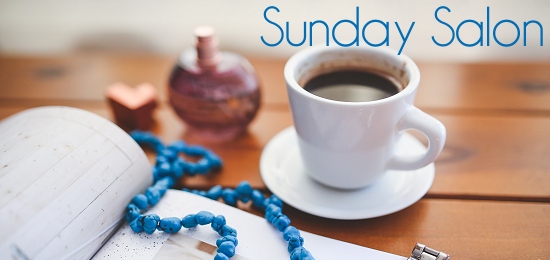
It’s a lovely, sunshiny morning here in southeast Michigan. I have about an hour to spend before the rest of the family rises, so I brew a cup of tea and park myself at my desk upstairs. I even open the window beside me because I want to hear the birds singing, although I need to wrap a soft scarf around my shoulders because the incoming breeze is still cold.
I was hoping to access a still, quiet voice inside me this morning, but, like so many mornings lately, the terrible din of the outside world has intruded and my still, quiet voice has been drowned out. 
Like many people, I’m increasingly disturbed by the situation in the world. Our leaders often seem inhumane, lacking in decorum, diplomacy, and democracy. Their actions and ugly rhetoric are an endless piercing screech in my ears.
As someone who believes in the power of art and literature, I had hoped to use whatever small talents I have in those areas to inject small moments of beauty and clarity and thoughtfulness into the world around me.
As someone who believes in the power of compassion and empathy and kindness, I vowed to use those traits every day in my dealings with people on every scale, in hopes that such small acts of goodness could multiply and grow and help to heal this fractured world.
As someone who believes in the lessons of history, I had hoped that at least some of our leaders would recall the examples of the past, that they would find the courage of their convictions and rise up to resist those outlying forces of evil attempting to usurp our very fabric of government.
And yet those screeching voices silence my efforts and my hopes, make them feel ridiculously ineffectual and send them slamming into oblivion,
John Adams had a simple prescription for a civil nation: “To be good and to do good,” he advised. “It’s all we have to do.” Where is the “good” right now? What “good” are they trying to achieve? What examples do they set for future generations? For now we must teach our children to be not as they are, do not what they do.
More than ever it feels to me as if it’s up to The People – meaning You and Me – to do good ourselves, and insist upon it amongst those who purport to lead. Already, it feels like an endless uphill climb. And already, I am tired.
So more and more I seek the still, quiet voice inside me. I toss the newsmagazine in the nearest trash can, only half read. I switch the television channel from CNN to the latest episode of PBS Masterpiece. I swipe the screen of my iPad clear of Facebook, Twitter, The Washington Post. I try to silence the bitter noise from the outside world. I turn on Mozart piano concertos, Beethoven quintets, Scarlatti sonatas. Even Chopin nocturnes sometimes, although they often make me cry. I lose myself in novels, in memoirs, in poetry. In those voices, I’m able to forget for a while, able to quiet the anxious beating of my heart, quell the angry bile that rises in my throat.
Nancy Peacock, a writer I admire, recently wrote this on her Facebook page:
“I feel that I am pulling too much out of my gut without replenishing the well. So I am off to write and walk and visit the big rocks at the top of the hill. I am off to watch the turtles in the pond as they vie for basking space on the half-submerged log. I am off to cook some good food and feed my soul in the kitchen. I am off to do research and highlight paragraphs in yellow and read novels.”
Sometimes the traumas and troubles of the world threaten to drain the wells of our creativity. I have been struggling to find ways to restore that flow, to heal those wounds that threaten to destroy the enjoyment of my creative living. I hope to find it in the easy domestic routines of spring days like today, enjoying the sunshine and cool breeze blowing in the window, sipping tea and delving into the pages of a good novel, writing in my journal, copying out favorite passages from books and poetry.
From sitting with the still, quiet voice in my own heart.
About the Author: Becca Rowan
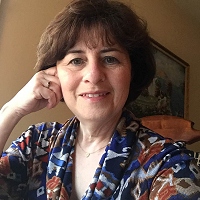 Becca Rowan lives in Northville, Michigan with her husband and their two dogs. She is the author of Life in General, a book of personal and inspirational essays about the ways women navigate the passage into midlife. She is also a musician, and performs as a pianist and as a member of Classical Bells, a professional handbell ensemble. If she’s not writing or playing music you’ll likely find her out walking with the dogs or curled up on the couch reading with a cup of coffee (or glass of wine) close at hand. She loves to connect with readers at her blog, or on Facebook, Twitter, or Goodreads.
Becca Rowan lives in Northville, Michigan with her husband and their two dogs. She is the author of Life in General, a book of personal and inspirational essays about the ways women navigate the passage into midlife. She is also a musician, and performs as a pianist and as a member of Classical Bells, a professional handbell ensemble. If she’s not writing or playing music you’ll likely find her out walking with the dogs or curled up on the couch reading with a cup of coffee (or glass of wine) close at hand. She loves to connect with readers at her blog, or on Facebook, Twitter, or Goodreads.
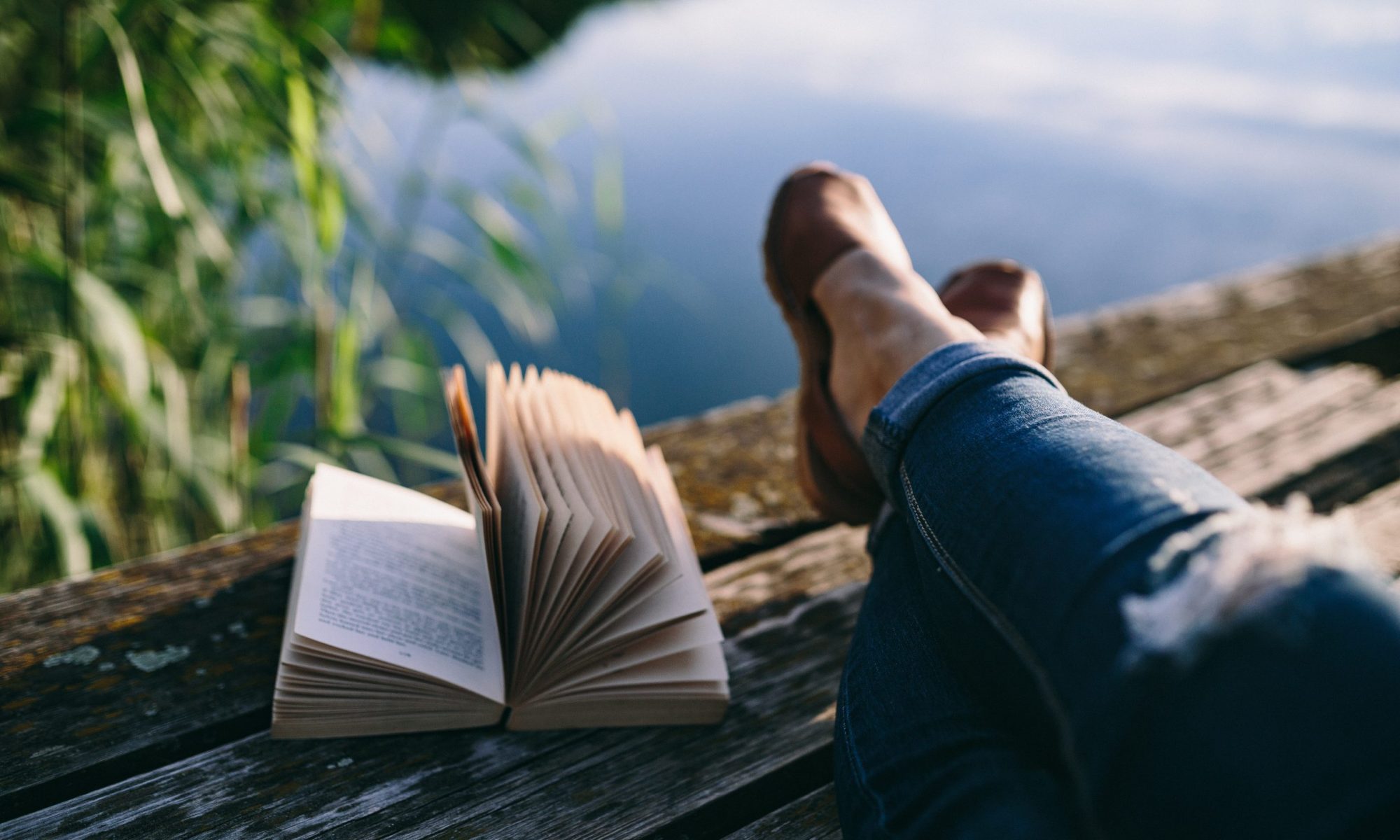
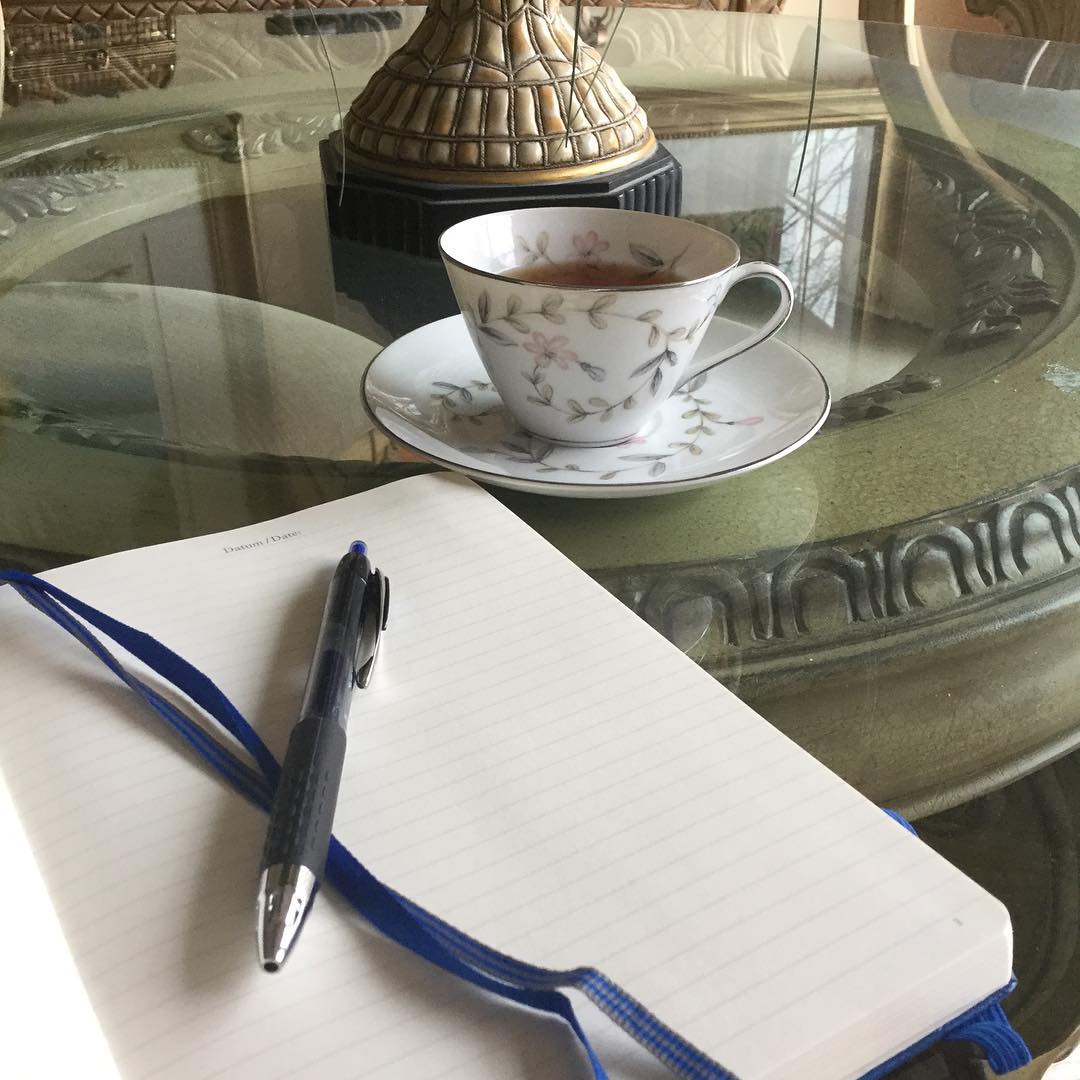

 up at my side, I take up my book and read. Thus lulled from my anxious thoughts, warmed through and through with hot beverages and comforting heat wraps, many times I will drift off for another hour or two of sleep.
up at my side, I take up my book and read. Thus lulled from my anxious thoughts, warmed through and through with hot beverages and comforting heat wraps, many times I will drift off for another hour or two of sleep.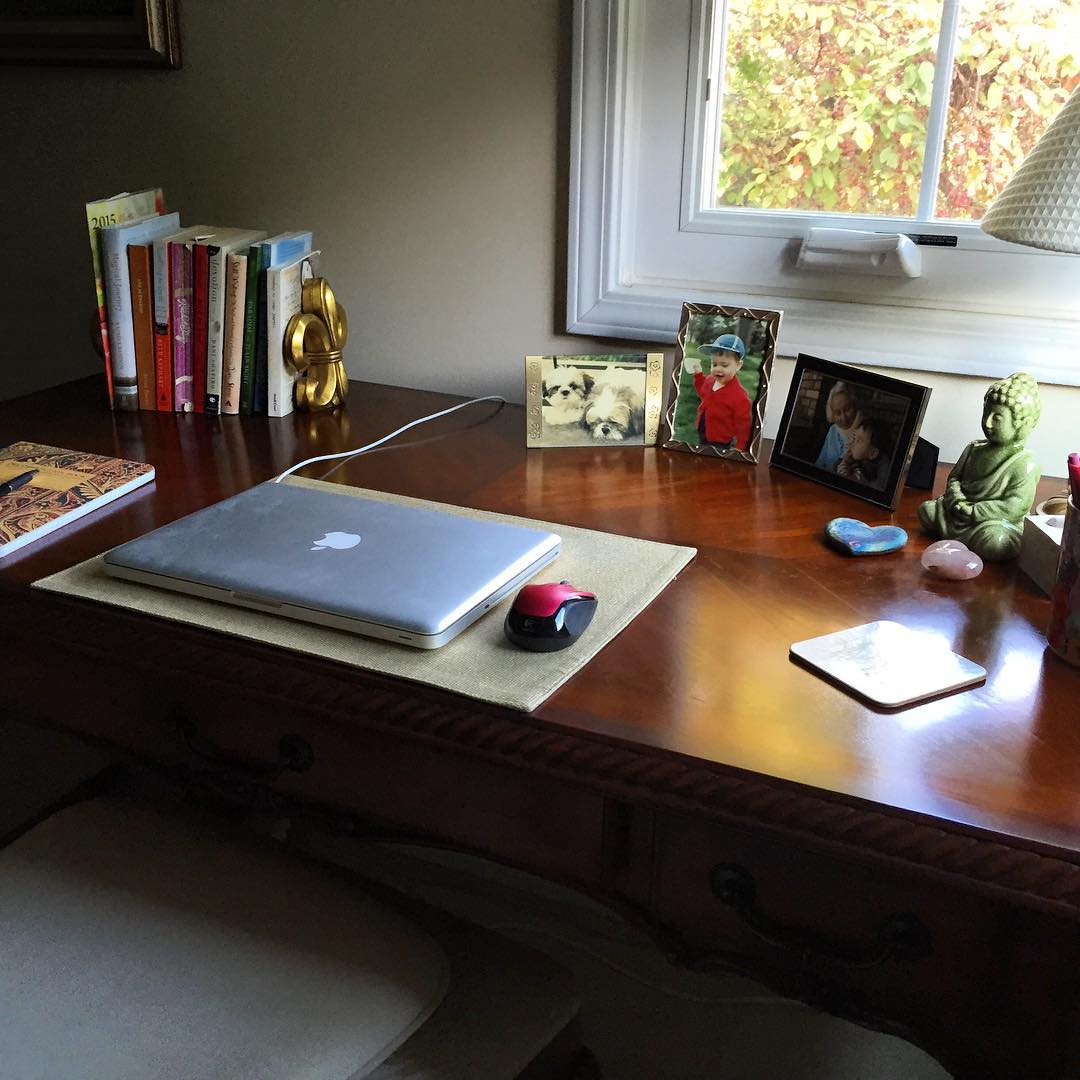
 There is a desk in this room, a wide topped writing desk, on which stand pictures of my son as a baby, another of my two dogs nestled side by side, and one more of my mother holding my grandson on her lap. A cup filled with pens, pencils, markers and reading glasses is close to hand. There are two heart shaped paperweights which I sometimes use for their original purpose (propping open the pages of a book) or occasionally as something to hold in my hands while I ponder my next move on the page. More books stand in the corner, books I refer to time and again when I need some inspiration to keep me moving – through writing and through life. I’m careful to keep nothing on this desk that doesn’t pertain to writing – no bills, no to-do lists. All those practical matters are taken care of in the kitchen at a small counter I’ve appropriated as a daily desktop.
There is a desk in this room, a wide topped writing desk, on which stand pictures of my son as a baby, another of my two dogs nestled side by side, and one more of my mother holding my grandson on her lap. A cup filled with pens, pencils, markers and reading glasses is close to hand. There are two heart shaped paperweights which I sometimes use for their original purpose (propping open the pages of a book) or occasionally as something to hold in my hands while I ponder my next move on the page. More books stand in the corner, books I refer to time and again when I need some inspiration to keep me moving – through writing and through life. I’m careful to keep nothing on this desk that doesn’t pertain to writing – no bills, no to-do lists. All those practical matters are taken care of in the kitchen at a small counter I’ve appropriated as a daily desktop.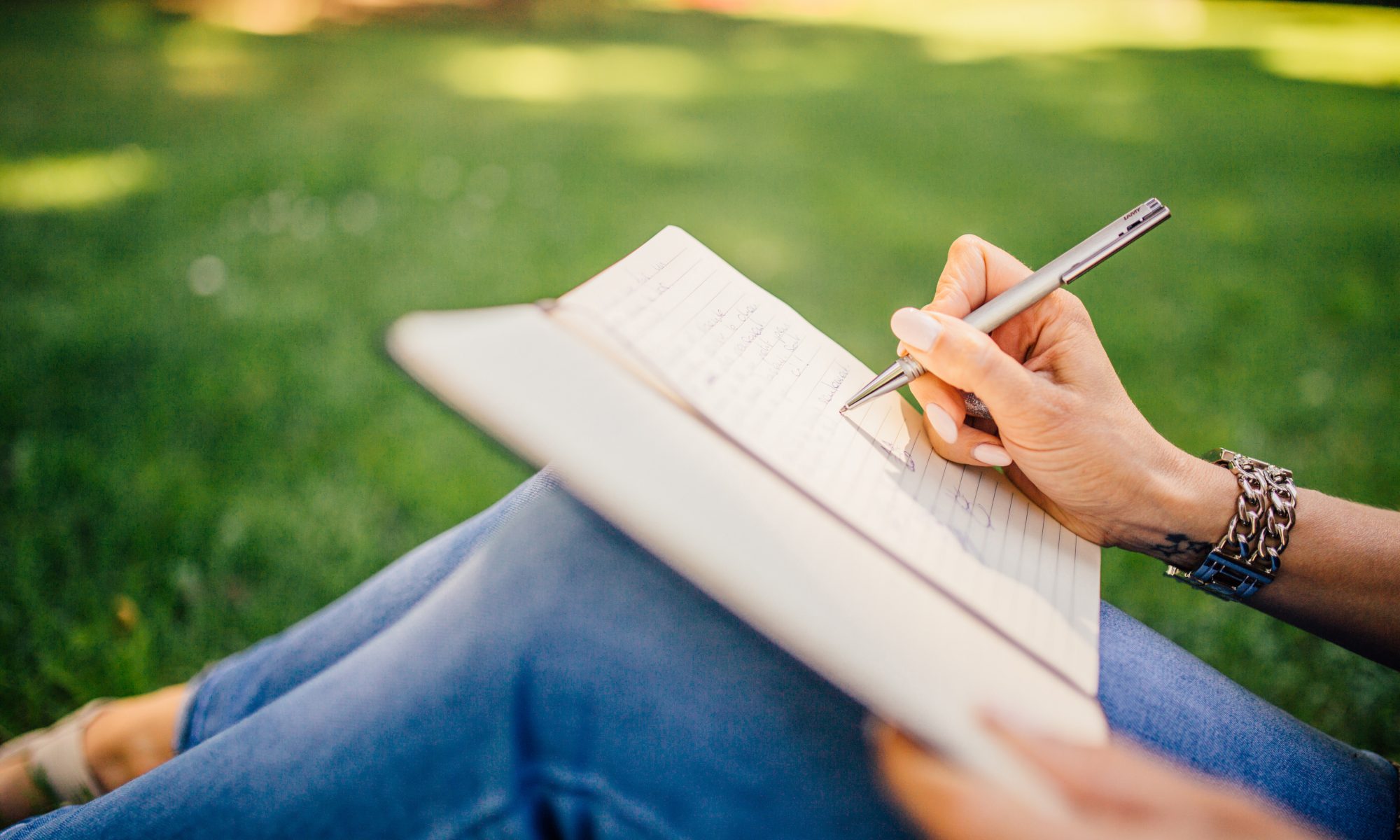
 Let me tell you this, Storyteller. You are more important than ever. Those stories – your stories, my stories, the stories of our sisters and brothers all over the world? They could be the one very important thing that makes all the difference.
Let me tell you this, Storyteller. You are more important than ever. Those stories – your stories, my stories, the stories of our sisters and brothers all over the world? They could be the one very important thing that makes all the difference. What we need, my storytelling friend, is to re-connect. In these days when we so often feel at odds with our fellow man and the world seems to be drawn into boxes surrounded by thick black and white lines, what we need it the color and nuance that story provides. We need to have thoughts deeper than those incited by a 140-character Tweet. We need to enter into the world of an African American nurse who is wrongfully accused of manslaughter in the death of one of her patients. (
What we need, my storytelling friend, is to re-connect. In these days when we so often feel at odds with our fellow man and the world seems to be drawn into boxes surrounded by thick black and white lines, what we need it the color and nuance that story provides. We need to have thoughts deeper than those incited by a 140-character Tweet. We need to enter into the world of an African American nurse who is wrongfully accused of manslaughter in the death of one of her patients. (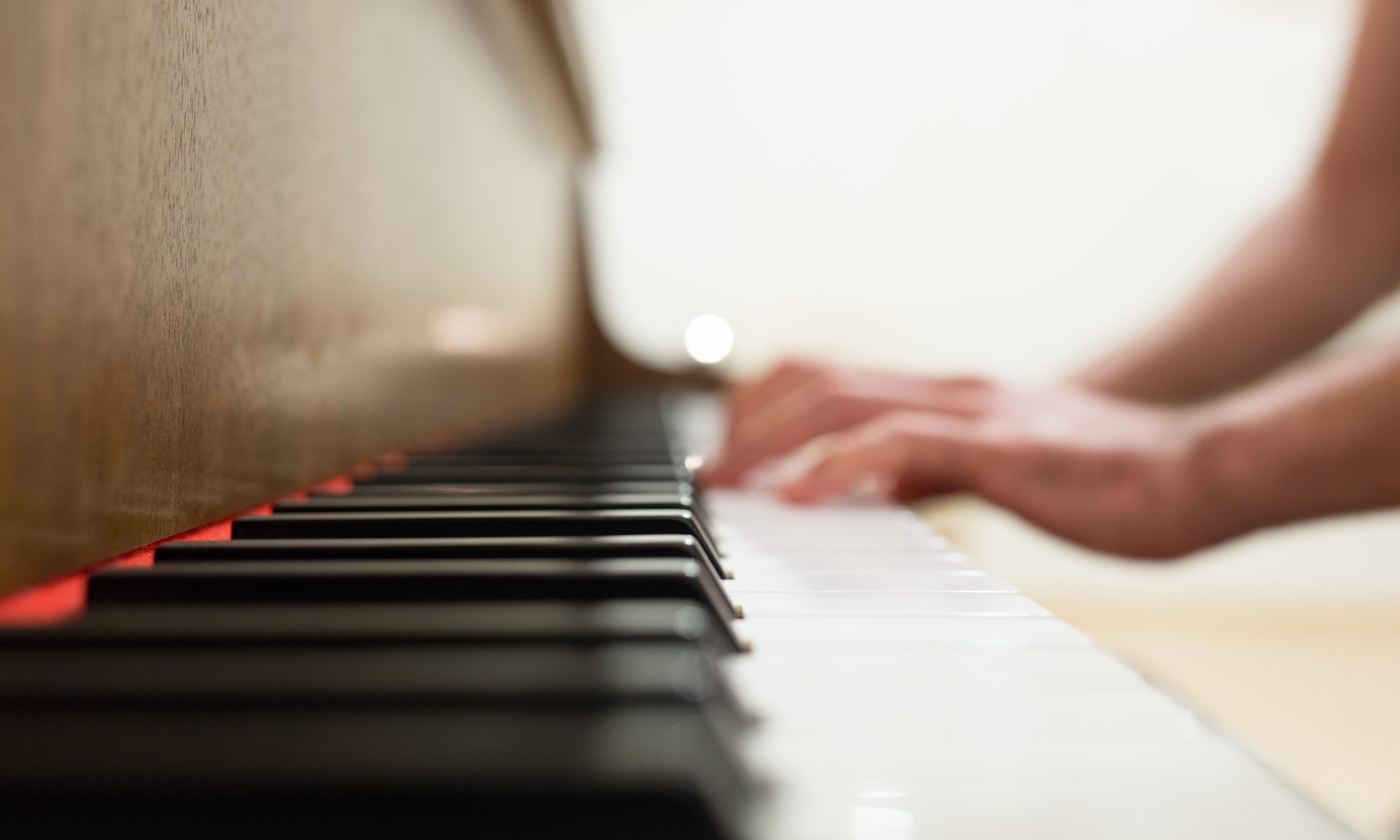

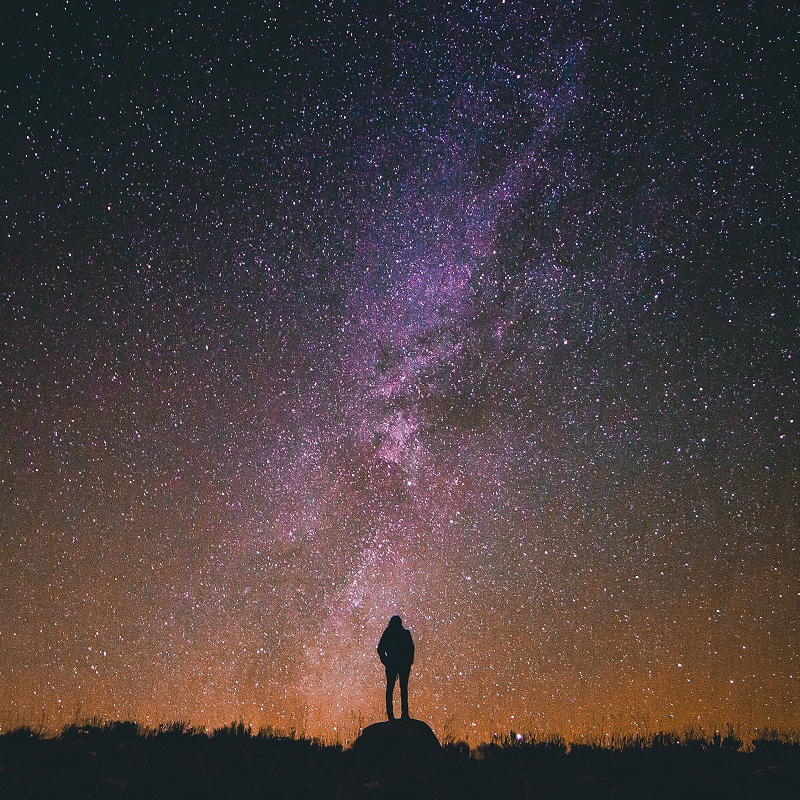
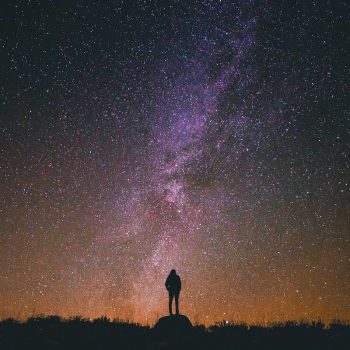
 Becca Rowan is Executive Editor here at Modern Creative Living. She honors the magic in everyday life by spending time in nature, playing with words, making music with friends, and caring for her family (which includes her dogs, one of whom is named Magic!). She loves to connect with readers at her
Becca Rowan is Executive Editor here at Modern Creative Living. She honors the magic in everyday life by spending time in nature, playing with words, making music with friends, and caring for her family (which includes her dogs, one of whom is named Magic!). She loves to connect with readers at her 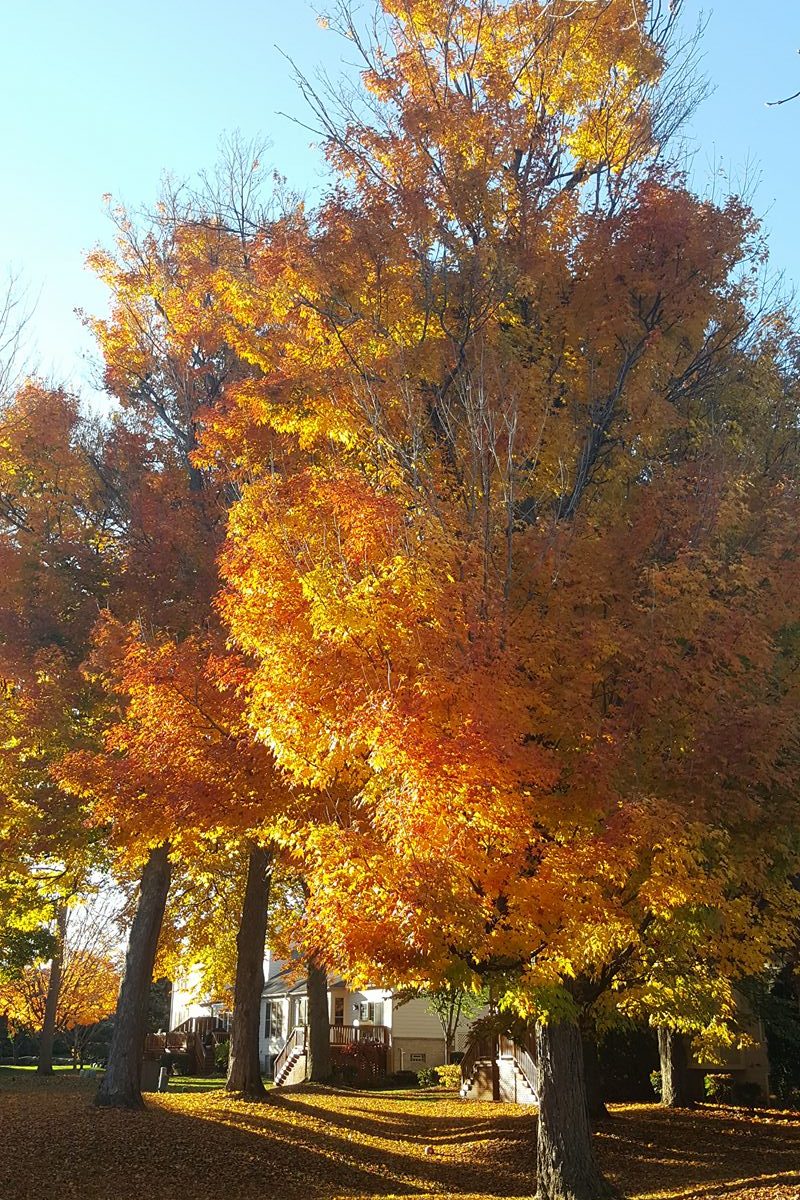
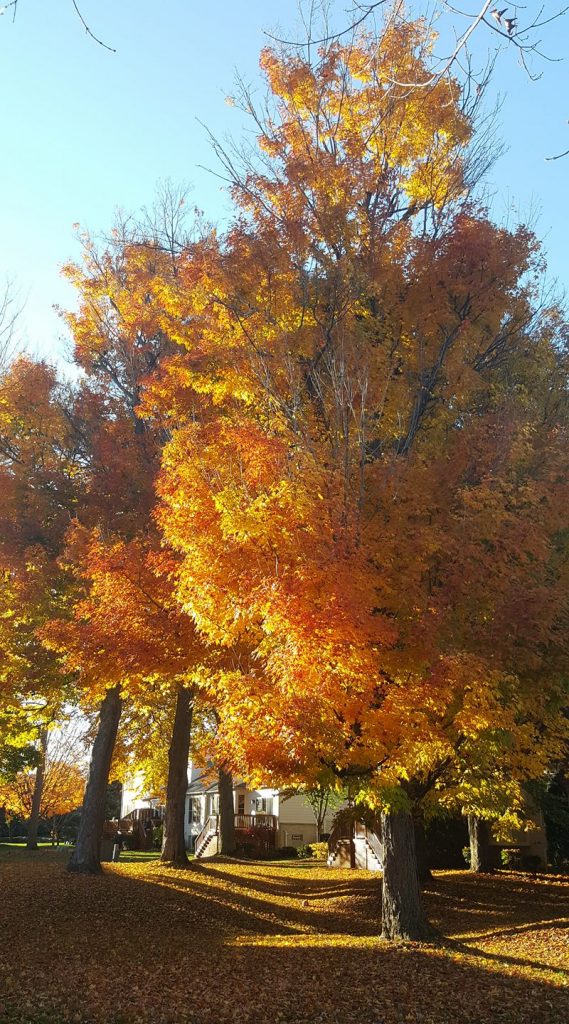 to put on sunglasses. The sky is a blue so sharp, it almost hurts my eyes. The contrast of crimson, gold, and russet leaves outlined against the blue makes a palette any artist would die for. Later on, when I go upstairs to my desk, my window is filled with the outline of orange leaves pasted against the background of azure sky. It’s tough to get any work done with that amazing vista right in front of me.
to put on sunglasses. The sky is a blue so sharp, it almost hurts my eyes. The contrast of crimson, gold, and russet leaves outlined against the blue makes a palette any artist would die for. Later on, when I go upstairs to my desk, my window is filled with the outline of orange leaves pasted against the background of azure sky. It’s tough to get any work done with that amazing vista right in front of me.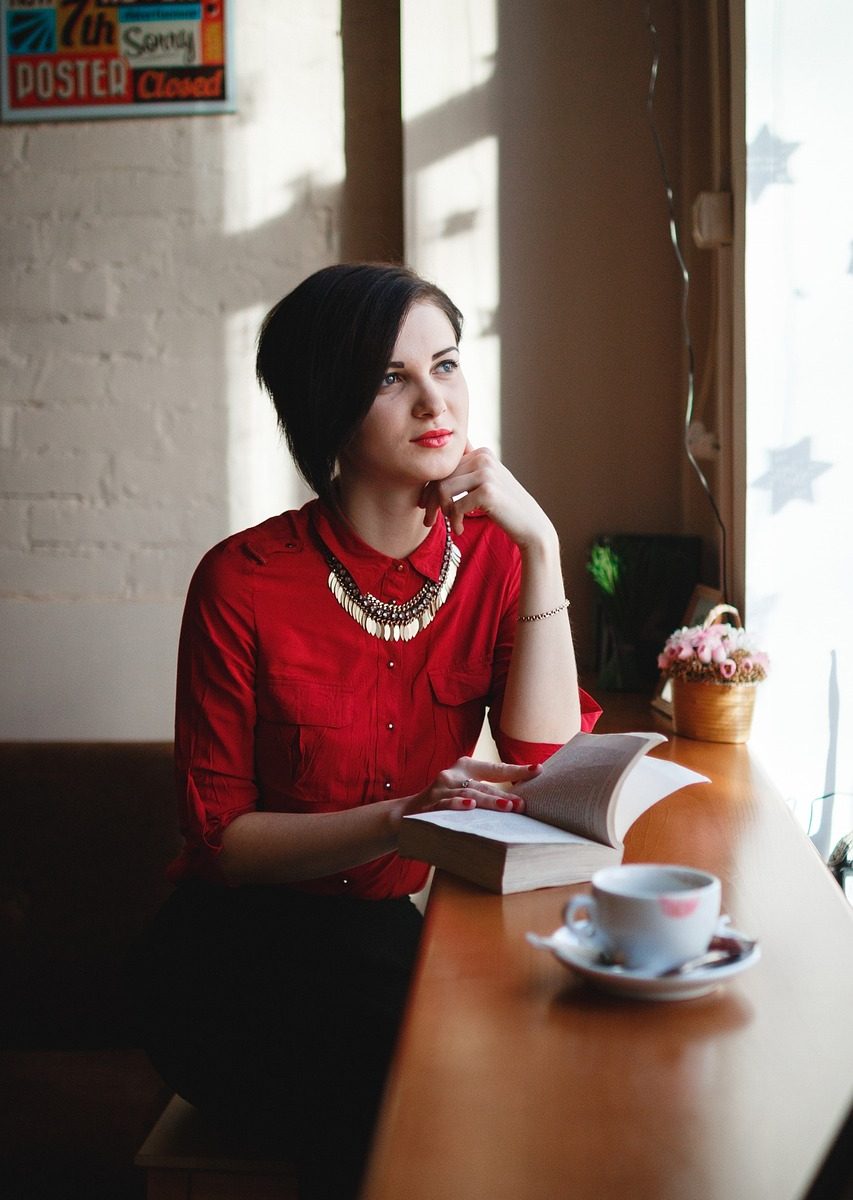
 It all vies for our attention round the clock: That nagging urge to “check in” on social media and see what our friends are up to; the itch to snap a photo of the leaves changing color on our favorite tree; the siren call of a friends text message. Add to that the dire and sometimes terrifying news reports of shootings and war and climate devastation, with election news like bad frosting on an overdone cake.
It all vies for our attention round the clock: That nagging urge to “check in” on social media and see what our friends are up to; the itch to snap a photo of the leaves changing color on our favorite tree; the siren call of a friends text message. Add to that the dire and sometimes terrifying news reports of shootings and war and climate devastation, with election news like bad frosting on an overdone cake. The first few days were hard, but not as hard as I’d thought. I keep a book on the kitchen counter where the iPad usually sits, and when I’m tempted to go online I pick up the book and read a few pages instead. (I’m now back on track with my Goodreads challenge, too.) There’s a good audio book in my car that helps pass the driving time. I went away on a solo vacation for a few days during the second week, and thoroughly enjoyed watching people and scenery instead of losing myself in the wilds of social media.
The first few days were hard, but not as hard as I’d thought. I keep a book on the kitchen counter where the iPad usually sits, and when I’m tempted to go online I pick up the book and read a few pages instead. (I’m now back on track with my Goodreads challenge, too.) There’s a good audio book in my car that helps pass the driving time. I went away on a solo vacation for a few days during the second week, and thoroughly enjoyed watching people and scenery instead of losing myself in the wilds of social media.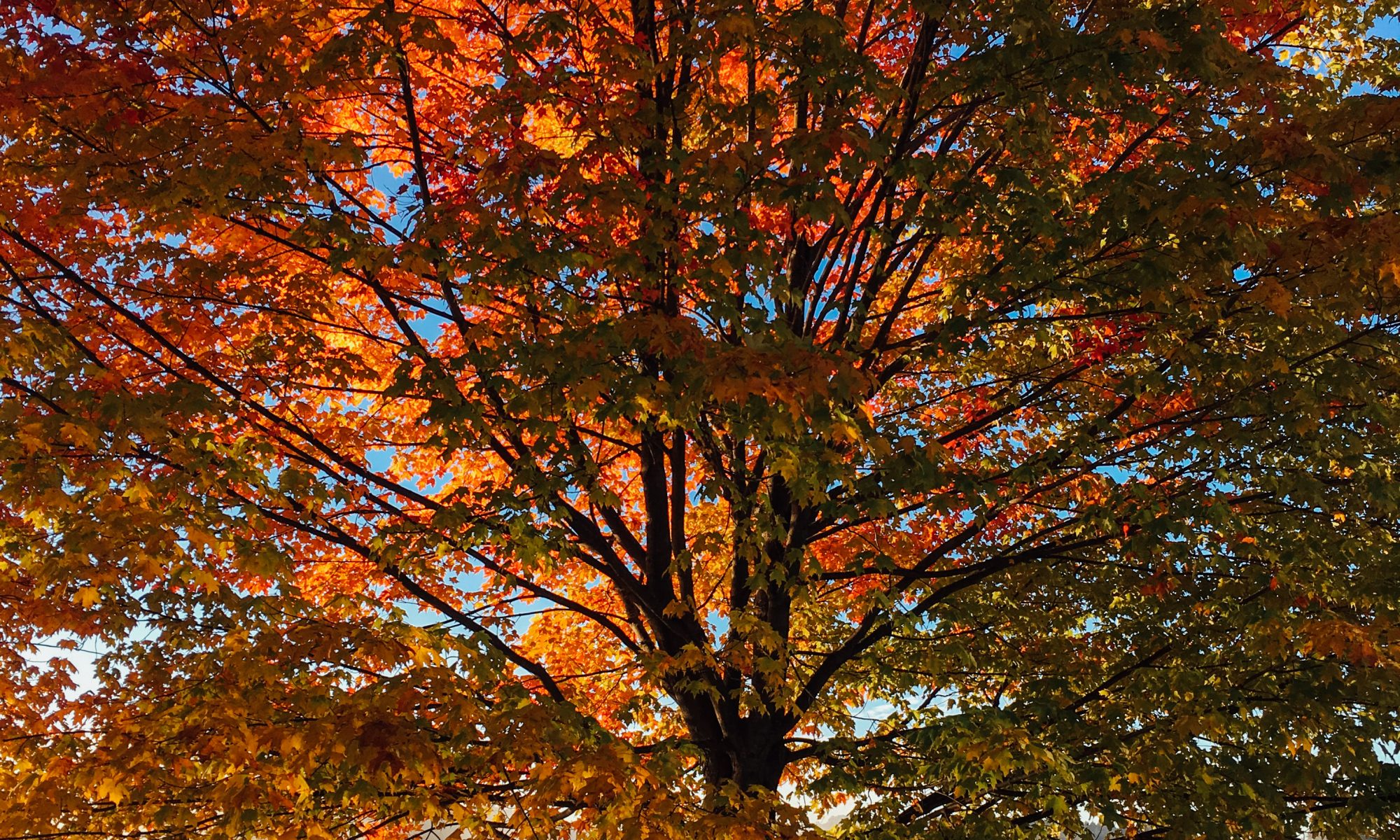
 You think you’re going to surprise me – you with your damp, misty mornings and slightly chilled evening breezes. You think I haven’t noticed those red-tipped leaves at the top of the maple tree, or those golden elm feathers that drift down occasionally along the path to the mailbox. You’re sure I’m completely unaware that I need to turn on my reading lamp at seven o’clock each evening instead of eight or even nine.
You think you’re going to surprise me – you with your damp, misty mornings and slightly chilled evening breezes. You think I haven’t noticed those red-tipped leaves at the top of the maple tree, or those golden elm feathers that drift down occasionally along the path to the mailbox. You’re sure I’m completely unaware that I need to turn on my reading lamp at seven o’clock each evening instead of eight or even nine.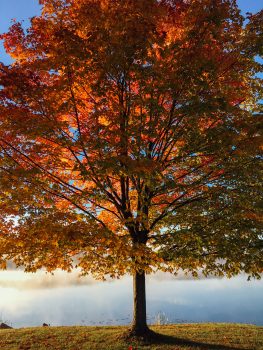 d verdant turns yellow and withers away
d verdant turns yellow and withers away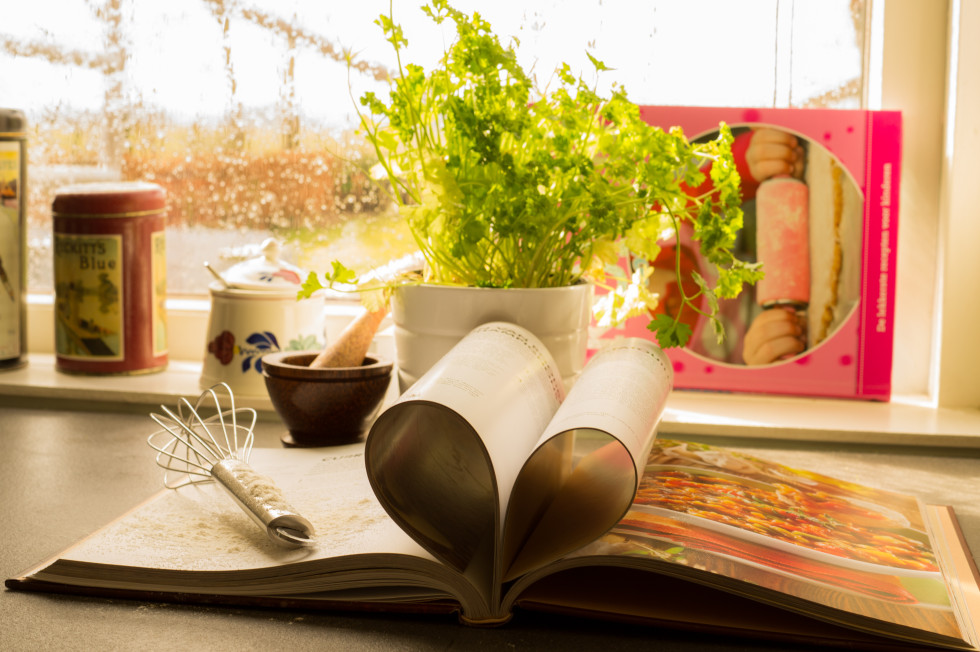
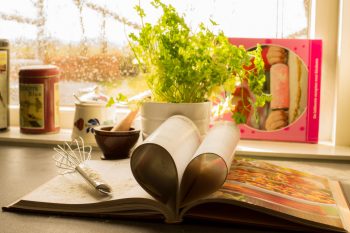 My mother insisted she could not cook as well as her own mother did, but most of us begged to differ. My mom’s specialties weren’t the country cooking my grandmother learned in the farm kitchen. My mom excelled at dishes with a slightly international flair -like spaghetti and lasagna, Swedish meatballs, quiche lorraine. She was the chief cake baker in the family, and her German chocolate cake with caramel frosting was the most requested dessert at every family potluck.
My mother insisted she could not cook as well as her own mother did, but most of us begged to differ. My mom’s specialties weren’t the country cooking my grandmother learned in the farm kitchen. My mom excelled at dishes with a slightly international flair -like spaghetti and lasagna, Swedish meatballs, quiche lorraine. She was the chief cake baker in the family, and her German chocolate cake with caramel frosting was the most requested dessert at every family potluck.